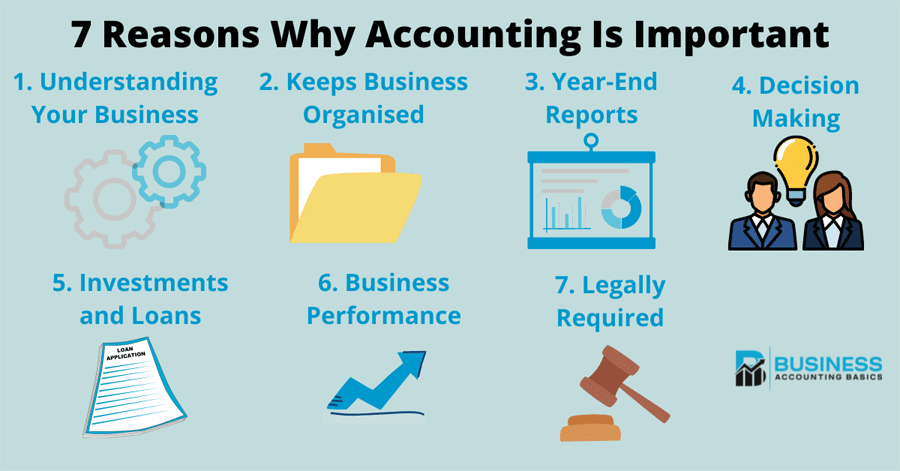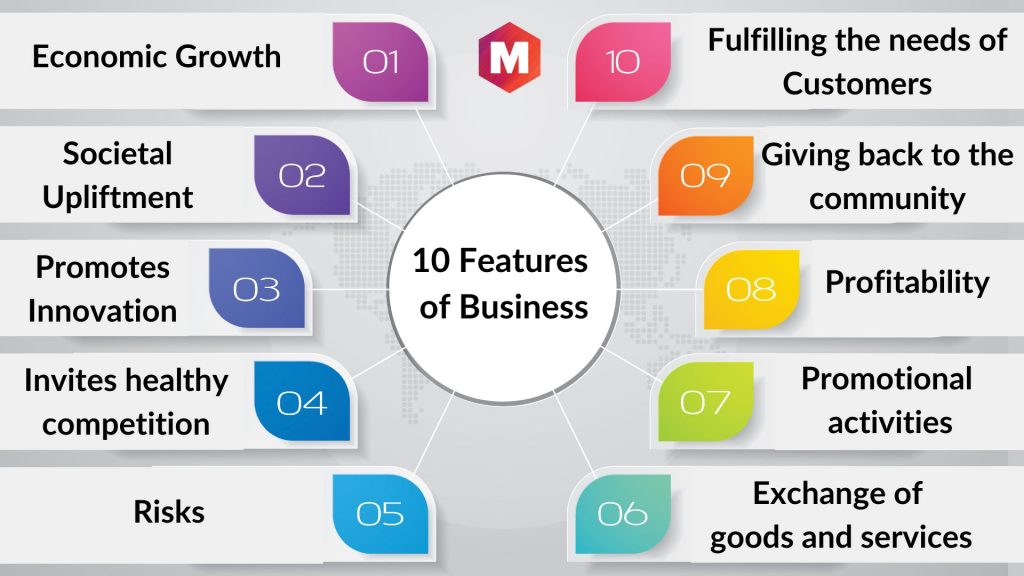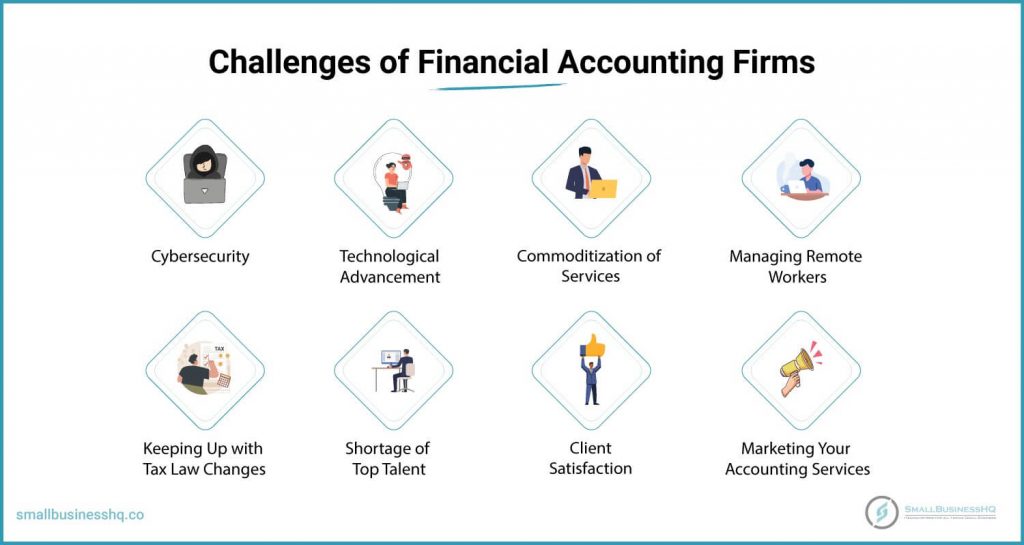Key Features of Business and Accounting: A Comprehensive Guide for Success
Key Features of Business and Accounting
In today’s fast-paced world, the business landscape is continually evolving, with new technologies, regulations, and market trends. However, at the heart of every successful business, there lies a fundamental concept: accounting. Whether you’re a small startup or a multinational corporation, understanding business and accounting principles is vital for managing your finances effectively, ensuring compliance, and achieving long-term success.
This blog delves into the core features of business and accounting, discussing their importance, key components, and how they interconnect to drive a business forward.
1. The Importance of Business and Accounting in Today’s World

Key Features of Business and Accounting
Business and accounting are the backbone of every organization. They provide the foundation for decision-making, performance tracking, and strategic planning. Accounting, in particular, helps businesses understand their financial health, forecast future trends, and make informed decisions. Without an efficient accounting system, a business risks making poor financial decisions, missing out on growth opportunities, or even falling into financial distress.
Why Accounting Matters:
- Financial Clarity: Business owners need to know how much money is coming in and going out. Accounting provides a detailed record of transactions, helping to maintain financial clarity.
- Budgeting and Forecasting: Effective budgeting is impossible without accurate financial records. Accounting helps in planning for the future, forecasting cash flow, and setting realistic financial goals.
- Tax Compliance: Businesses must adhere to tax laws and regulations. An organized accounting system helps track deductible expenses and ensures businesses pay the correct amount of taxes.
2. Key Components of Business Accounting

Key Features of Business and Accounting
Business accounting isn’t just about keeping track of money; it’s a multifaceted discipline that covers various aspects. The most crucial components of accounting include:
a. Financial Accounting
Financial accounting is the practice of recording, summarizing, and reporting the financial transactions of a business. This information is often used by external parties, including investors, creditors, and regulators, to assess the financial health of a company.
Key aspects of financial accounting:
- Income Statements: This document shows a company’s revenues and expenses over a specific period, helping stakeholders understand the business’s profitability.
- Balance Sheets: A balance sheet provides a snapshot of a company’s assets, liabilities, and equity at a given point in time.
- Cash Flow Statements: This report tracks the movement of cash in and out of a business, providing a clear picture of liquidity.
b. Managerial Accounting
Managerial accounting focuses on providing information to internal stakeholders, such as managers, executives, and business owners, to make strategic decisions. Unlike financial accounting, managerial accounting is forward-looking and designed for internal use.
Key aspects of managerial accounting:
- Cost Analysis: Managerial accounting helps businesses understand the cost structure of products and services, allowing for better pricing strategies and cost management.
- Budgeting: Businesses use managerial accounting to prepare budgets and forecasts that align with business goals.
- Performance Evaluation: Key performance indicators (KPIs) are used to evaluate the efficiency of different departments and initiatives.
c. Tax Accounting
Tax accounting focuses on compliance with tax laws and regulations. It ensures that businesses are paying the appropriate amount of taxes and complying with local, state, and federal tax codes.
Key aspects of tax accounting:
- Tax Returns: Businesses must file accurate tax returns on time to avoid penalties. Tax accountants ensure the company complies with all relevant tax laws.
- Tax Planning: Effective tax planning helps businesses minimize their tax liability while maximizing deductions and credits.
d. Auditing
Auditing involves the examination of a company’s financial records to ensure accuracy and compliance with generally accepted accounting principles (GAAP) or International Financial Reporting Standards (IFRS).
Key aspects of auditing:
- Internal Audits: Internal audits are conducted to assess the effectiveness of internal controls and ensure financial reporting accuracy.
- External Audits: External audits are performed by independent auditors to validate a company’s financial statements.
3. Key Business Features and Functions

Key Features of Business and Accounting
While accounting is essential for managing finances, other features of business also play a critical role in ensuring the overall success and sustainability of a company. Let’s take a look at some of these key business functions:
a. Marketing
Marketing is about promoting and selling products or services. Effective marketing strategies help businesses identify and reach their target audiences, build brand awareness, and drive sales. Understanding customer needs and preferences is crucial for business success.
b. Operations Management
Operations management involves overseeing the production and delivery of goods and services. It’s concerned with ensuring efficiency, managing resources, and optimizing processes. Businesses must continuously improve operations to remain competitive.
c. Human Resources
Human resource management is vital for attracting, retaining, and developing talent. HR professionals are responsible for recruiting employees, developing training programs, managing compensation and benefits, and ensuring compliance with labor laws.
d. Sales
Sales teams are responsible for driving revenue and building customer relationships. Successful sales strategies depend on understanding customer needs, creating value propositions, and maintaining strong communication throughout the sales process.
e. Customer Service
Customer service is integral to maintaining customer satisfaction and loyalty. Businesses must ensure that they provide timely and effective support to their customers, resolving issues promptly and creating positive experiences.
4. Business and Accounting Strategies for Success

Key Features of Business and Accounting
To ensure that accounting and business functions are working harmoniously, companies should adopt specific strategies that align both areas to achieve sustainable growth. Here are some strategies:
a. Integration of Technology
Accounting software and tools can streamline the entire accounting process, from invoicing and bookkeeping to tax reporting. Integrating automated systems allows businesses to track finances in real-time, reduce errors, and save time.
Example tools:
- QuickBooks
- Xero
- FreshBooks
b. Data-Driven Decision-Making
Data plays a significant role in both accounting and business strategy. Businesses should leverage data analytics to gain insights into customer behavior, sales trends, operational efficiency, and financial performance. This helps in making more informed decisions.
c. Regular Financial Analysis
Regular financial analysis is essential to monitor the company’s performance and identify areas for improvement. Financial ratios, such as return on investment (ROI), liquidity ratios, and profitability ratios, provide valuable insights into a business’s financial health.
d. Outsourcing Accounting Services
Outsourcing accounting tasks to experts allows businesses to focus on core operations while ensuring accurate financial reporting, tax compliance, and auditing. This is especially useful for small businesses that lack the resources to manage in-house accounting departments.
e. Clear Communication Between Departments
Accounting and other business functions, such as marketing, operations, and sales, should have clear communication to ensure that financial decisions align with business goals. Cross-departmental collaboration helps ensure that the company is heading in the right direction.
5. Challenges in Business and Accounting

Key Features of Business and Accounting
Despite their importance, both business and accounting face several challenges, including:
- Regulatory Compliance: Staying compliant with constantly changing tax laws and accounting standards can be difficult for businesses.
- Cash Flow Management: Maintaining a healthy cash flow is essential for business survival, yet it remains one of the biggest challenges.
- Data Security: Protecting sensitive financial data is crucial to avoid fraud and cyber-attacks.
- Technology Integration: Adopting new technology and systems can be costly and time-consuming but is necessary to stay competitive.
Conclusion
Key Features of Business and Accounting
Understanding the key features of business and accounting is essential for any company, regardless of size or industry. Accounting provides the foundation for managing finances, ensuring compliance, and planning for growth. Meanwhile, business features such as marketing, operations, and human resources are equally crucial to achieving success.
By integrating efficient accounting practices with sound business strategies, businesses can not only thrive financially but also create a solid foundation for long-term growth. As the business world continues to evolve, adapting to new technologies and strategies will help businesses remain competitive and resilient in the face of change.




